
Suai: The Hidden Gem of Timor-Leste
Nestled in the southwestern part of Timor-Leste, Suai is a charming coastal town that offers a unique blend of natural beauty and cultural heritage. With its pristine beaches, lush landscapes, and warm, welcoming locals, Suai is a destination that promises both relaxation and adventure. Suai is known for its stunning coastline where the turquoise waters of the Timor Sea meet golden sands. Visitors can enjoy leisurely strolls along the beach, take a dip in the clear waters, or simply bask in the sun. The town's serene environment makes it a perfect spot for those looking to escape the hustle and bustle of city life. Beyond its natural allure, Suai is steeped in history and culture. The local markets are bustling with activity and offer a glimpse into the daily lives of the Timorese people. Traditional crafts, fresh produce, and local delicacies are some of the treasures you can find here. Don't miss the chance to visit the historical landmarks that tell the story of Suai's past, including its role in the country's fight for independence. For the outdoor enthusiasts, Suai offers numerous opportunities for exploration. The surrounding hills and forests are ideal for hiking and bird-watching. The region is home to a variety of flora and fauna, making it a haven for nature lovers. Whether you're exploring the coastal areas or trekking through the inland trails, Suai's natural beauty will leave you captivated.
Local tips in Suai
- Visit the local markets early in the morning to experience the vibrant atmosphere and fresh produce.
- Respect local customs and traditions; dress modestly, especially when visiting villages and religious sites.
- Hire a local guide for hiking trips to get the most out of your adventure and ensure safety.
- Try the local seafood; it's fresh and often caught the same day.
- Carry cash, as ATMs and card payment facilities may be limited in the area.
Suai: The Hidden Gem of Timor-Leste
Nestled in the southwestern part of Timor-Leste, Suai is a charming coastal town that offers a unique blend of natural beauty and cultural heritage. With its pristine beaches, lush landscapes, and warm, welcoming locals, Suai is a destination that promises both relaxation and adventure. Suai is known for its stunning coastline where the turquoise waters of the Timor Sea meet golden sands. Visitors can enjoy leisurely strolls along the beach, take a dip in the clear waters, or simply bask in the sun. The town's serene environment makes it a perfect spot for those looking to escape the hustle and bustle of city life. Beyond its natural allure, Suai is steeped in history and culture. The local markets are bustling with activity and offer a glimpse into the daily lives of the Timorese people. Traditional crafts, fresh produce, and local delicacies are some of the treasures you can find here. Don't miss the chance to visit the historical landmarks that tell the story of Suai's past, including its role in the country's fight for independence. For the outdoor enthusiasts, Suai offers numerous opportunities for exploration. The surrounding hills and forests are ideal for hiking and bird-watching. The region is home to a variety of flora and fauna, making it a haven for nature lovers. Whether you're exploring the coastal areas or trekking through the inland trails, Suai's natural beauty will leave you captivated.
When is the best time to go to Suai?
Iconic landmarks you can’t miss
Cristo Rei of Dili
Discover the breathtaking Cristo Rei of Dili, a monumental statue symbolizing faith and resilience, offering stunning views of East Timor’s natural beauty.
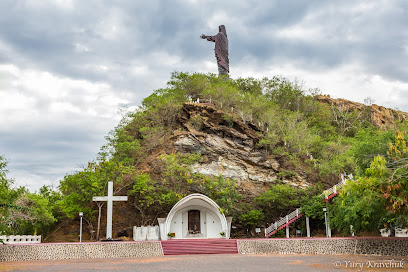
Tatamailau
Discover the breathtaking heights of Tatamailau, the highest peak in Timor-Leste, where adventure meets cultural significance amidst stunning landscapes.
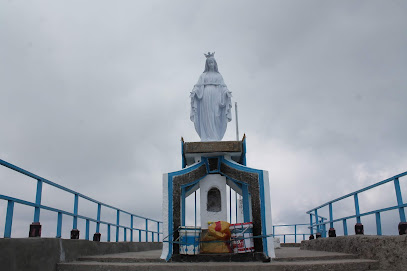
Balibo Fort Hotel
Experience the captivating blend of history and modern comfort at Balibo Fort Hotel, a cultural gem in East Timor.
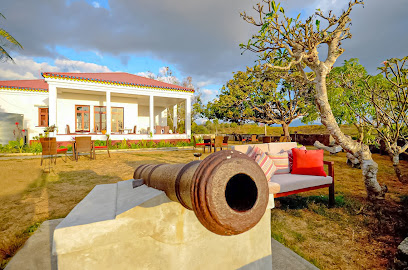
Tais Market
Discover the heart of Dili at Tais Market, where vibrant culture, local crafts, and authentic Timorese cuisine come together in a unique shopping experience.
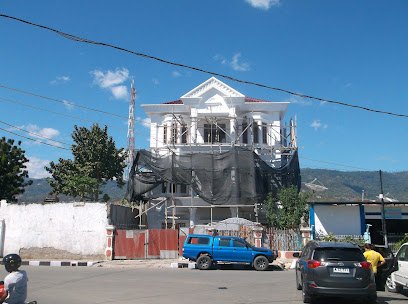
Largo de Lecidere
Explore the calming beauty of Largo de Lecidere, a must-visit park in Dili, showcasing Timor-Leste's natural landscape and vibrant cultural life.
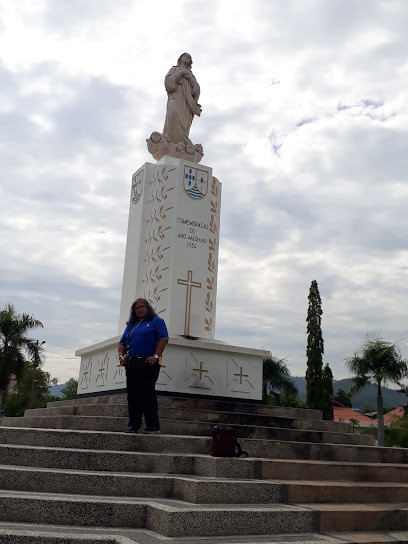
Immaculate Conception Cathedral
Explore the Immaculate Conception Cathedral in Dili, Timor-Leste—a stunning architectural gem and a significant symbol of faith and resilience.
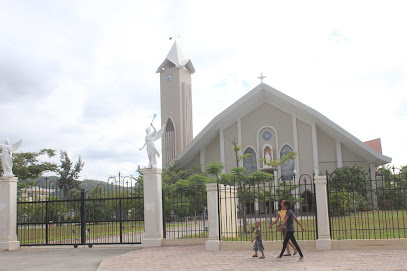
Church of Saint Anthony of Motael
Discover the tranquil charm of the Church of Saint Anthony of Motael, the oldest Catholic church in East Timor, nestled in scenic Dili.
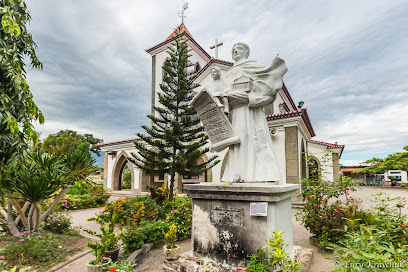
Marobo Hot Spring
Experience relaxation at Marobo Hot Spring, a serene oasis in Bobonaro, Timor-Leste, with therapeutic waters and breathtaking landscapes.
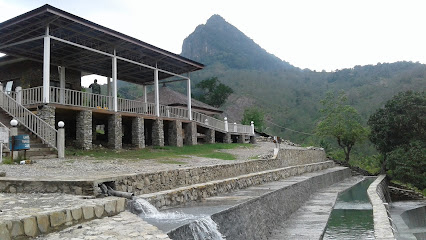
Xanana Gusmão Reading Room
Explore the Xanana Gusmão Reading Room in Dili, a cultural haven celebrating literacy and history in Timor-Leste.
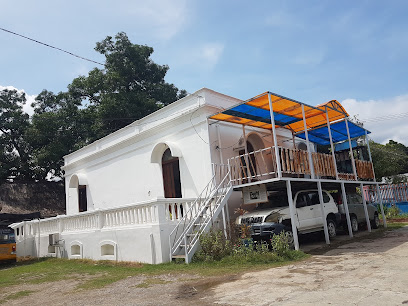
Nino Konis Santana National Park
Explore Nino Konis Santana National Park: A breathtaking national park in Timor-Leste offering stunning landscapes, rich biodiversity, and cultural experiences.
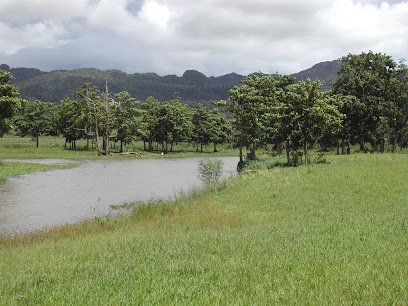
Xanana Gusmao International Airport
Discover the charm and culture of Timor-Leste at Xanana Gusmao International Airport, your first stop in this beautiful Southeast Asian destination.
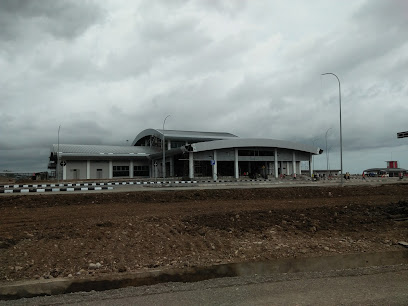
Balibo Veterans' Museum
Discover Timor-Leste's history and resilience at Balibo Veterans' Museum – a poignant journey through the struggle for independence.
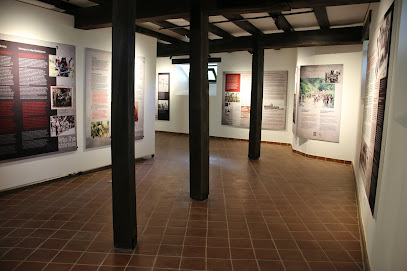
Tasitolu
Explore the untouched beauty of Tasitolu, a serene nature preserve in Tibar, East Timor, perfect for nature lovers and outdoor enthusiasts.
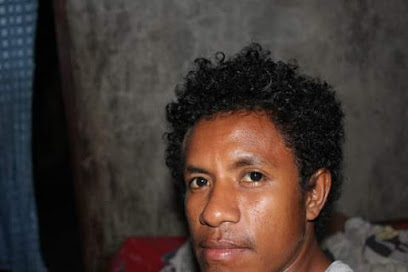
Baucau beach
Discover the pristine beauty of Baucau Beach, a hidden gem in Timor-Leste offering stunning views, rich local culture, and serene relaxation.

Unmissable attractions to see
Largo de Lecidere
Experience the tranquility and cultural richness of Largo de Lecidere, Dili's premier park and urban retreat for relaxation and exploration.
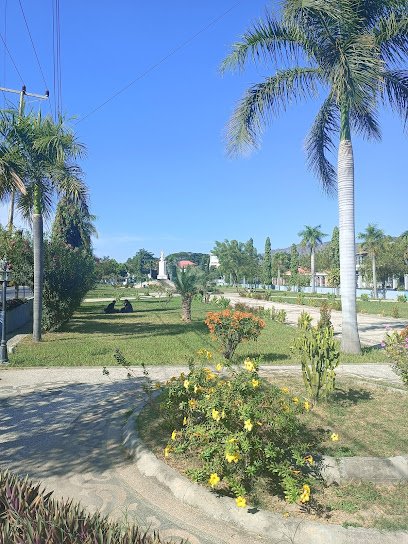
Nu Ba’u, Oecusse, Timor-Leste
Explore the breathtaking beauty and cultural richness of Nu Ba'u in Oecusse, Timor-Leste, a hidden gem for nature lovers and adventure seekers.
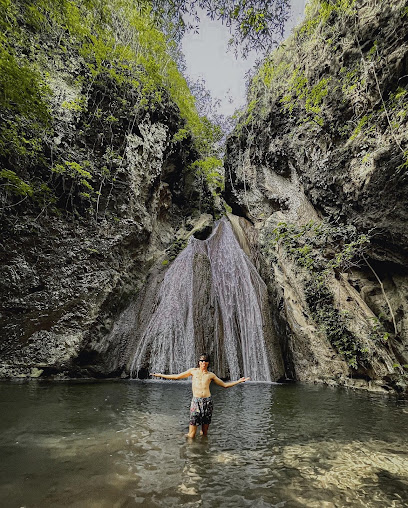
Essential places to dine
Atauro Dive Resort- Timor Leste
Discover underwater wonders and serene escapes at Atauro Dive Resort, your gateway to paradise in Timor Leste.

Caz Bar
Experience the vibrant flavors of Timor-Leste at Caz Bar in Dili - your go-to spot for delicious local and international cuisine.
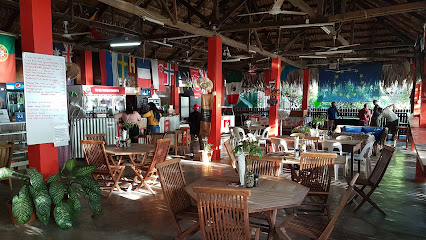
Castaway Bar and Restaurant
Experience Timor-Leste's vibrant culinary scene at Castaway Bar and Restaurant in Dili – where local flavors meet international flair.
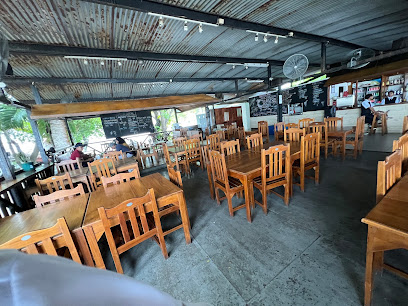
Osteria Italiana
Discover authentic Italian cuisine at Osteria Italiana in Dili—where every meal is a celebration of flavor and tradition.
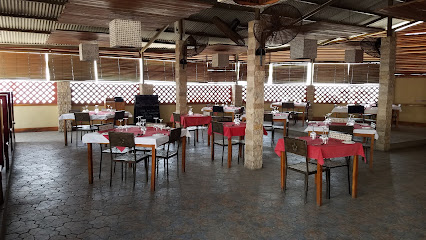
Pro-Ema Restaurant School
Experience authentic Timorese cuisine at Pro-Ema Restaurant School in Díli – where learning meets flavor.
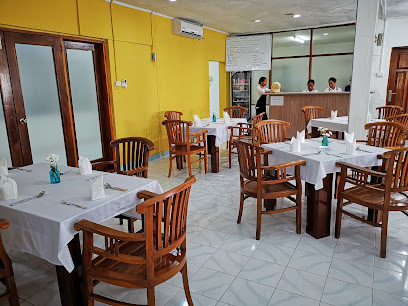
Dilicious Timor
Experience authentic Timorese cuisine and international flavors at Dilicious Timor in Dili - a culinary haven for every food lover.
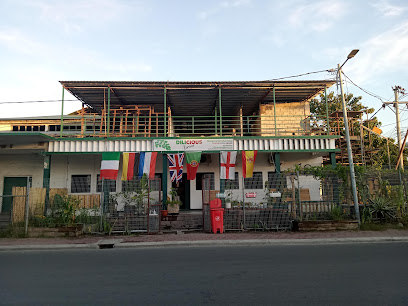
Agora Food Studio
Discover authentic Timorese cuisine at Agora Food Studio in Dili—a culinary journey through local flavors and traditions.
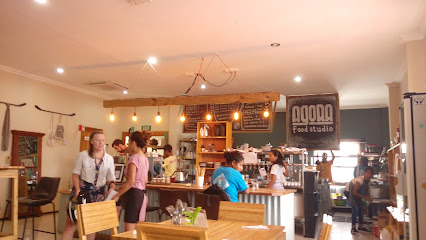
Naris No.1 Korean Restaurant
Experience the authentic taste of Korea at Naris No.1 Korean Restaurant in Díli – where tradition meets flavor in every dish.
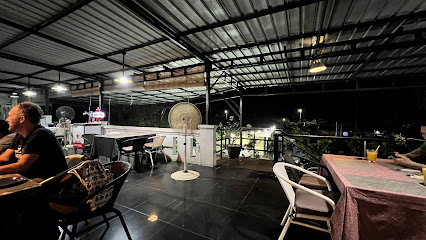
El Legendario
Discover the vibrant flavors of Timor-Leste at El Legendario, Dili's premier restaurant offering a unique blend of local and international cuisine.
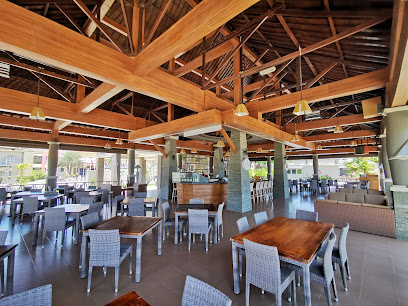
Tito's Restaurant
Experience the flavors of Portugal at Tito's Restaurant in Dili – where tradition meets Timorese hospitality.
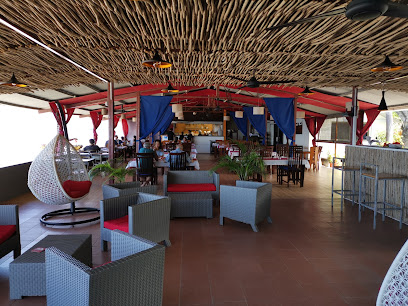
Restaurante Tavirense
Experience authentic Portuguese cuisine at Restaurante Tavirense in Díli—where tradition meets flavor in every dish.
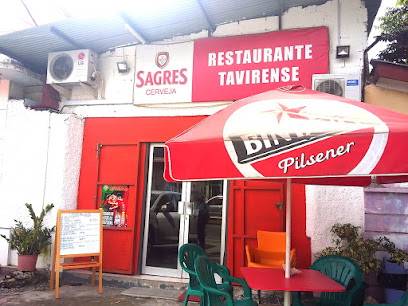
Early Sun Restaurant
Experience authentic Asian flavors at Early Sun Restaurant in Dili - where every dish tells a story.
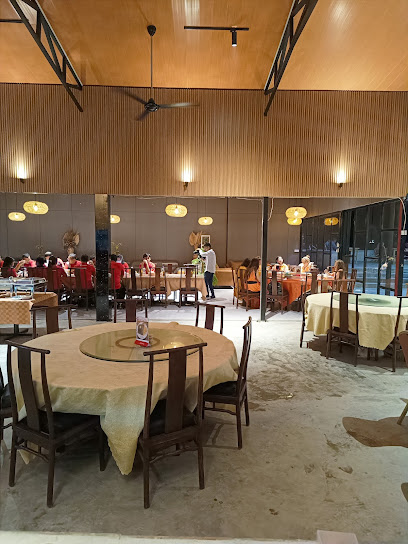
Projeto Montanha
Experience authentic Timorese cuisine at Projeto Montanha in Aileu - where every dish tells a story.
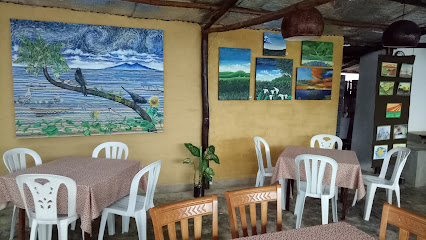
Little Pattaya Restaurant
Experience authentic Thai cuisine at Little Pattaya Restaurant in Dili - a culinary journey filled with flavors and warm hospitality.
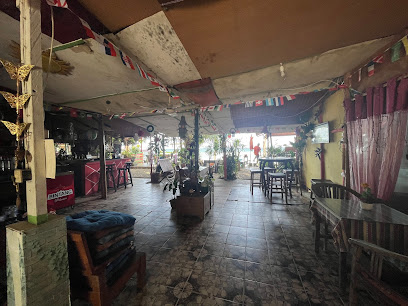
Hari's Restaurant
Discover authentic Indian flavors at Hari's Restaurant in Dili - a culinary haven for tourists seeking delicious dining experiences.
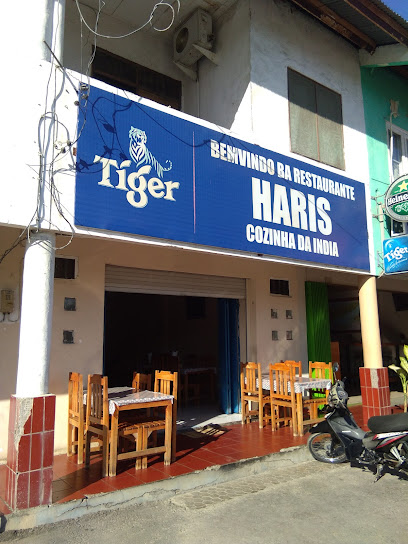
Markets, malls and hidden boutiques
Mercado de Suai
Discover the authentic heart of Suai at Mercado de Suai, a lively produce market offering fresh goods and local culture.
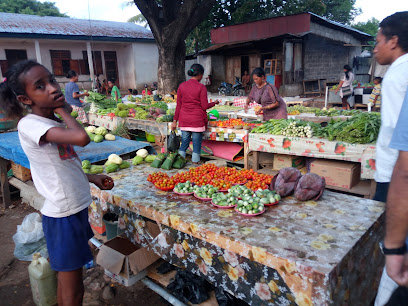
Toko Elivan
Discover the ultimate electronics destination in Suai at Toko Elivan, offering a wide range of gadgets and exceptional customer service for all your tech needs.
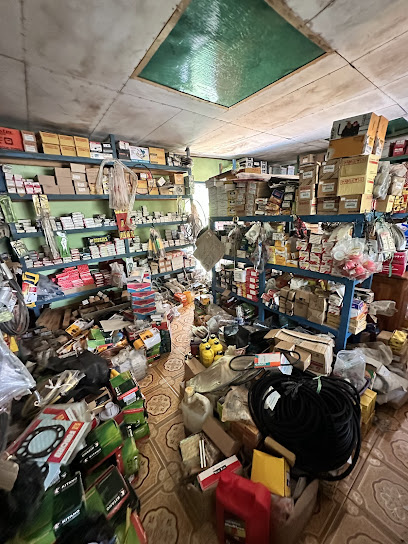
Hau Nia Uma
Discover Hau Nia Uma in Suai for all your mobile needs, offering a wide selection of devices and personalized service for tourists.
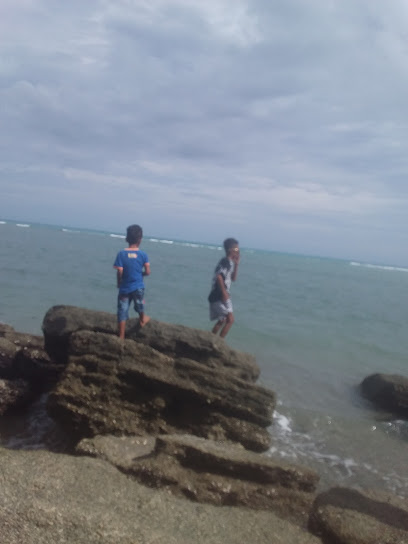
Seara Mama Mart
Explore Seara Mama Mart in Suai for a vibrant shopping experience filled with local products and delights.
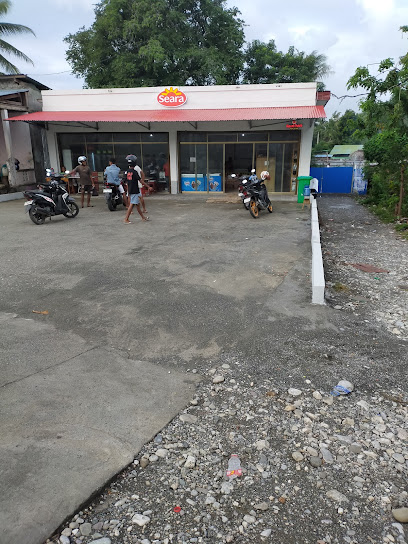
GOLGOTA
Explore Golgota, the lively newsstand in Suai, where local culture meets vibrant reading materials and delightful snacks.

Kios Avelson
Discover the charm of Kios Avelson, a local store in Suai, offering essentials and unique local products for every traveler.

mitu Mebel
Discover Mitu Mebel in Suai for exquisite handcrafted furniture accessories that reflect Timor-Leste's rich culture and craftsmanship.

SERJENEFISER (Kachuga)
Discover the essence of Timorese craftsmanship at Serjenefiser, a unique store in Suai Loro offering authentic local products.
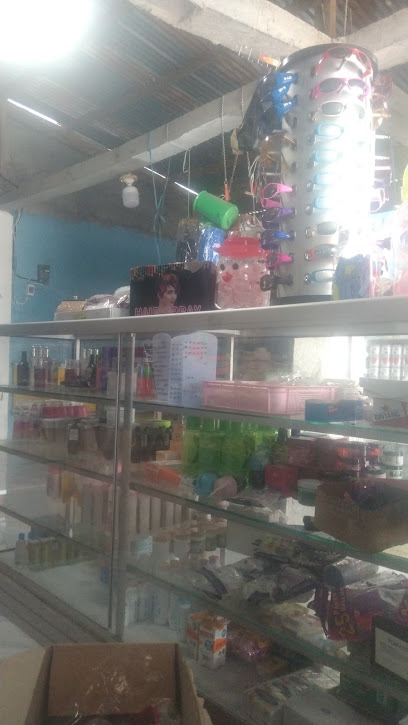
Kios Alison
Kios Alison in Suai: Discover local treasures and immerse yourself in the culture of East Timor.
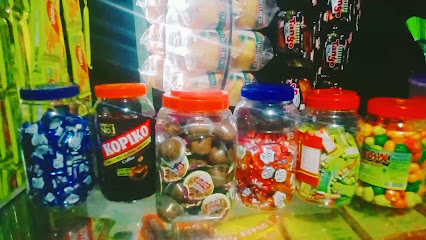
1021 OWENGBIGWANG. LDA
Explore local culture and flavors at 1021 Owengbigwang, a charming general store in Suai filled with unique Timorese products and friendly faces.
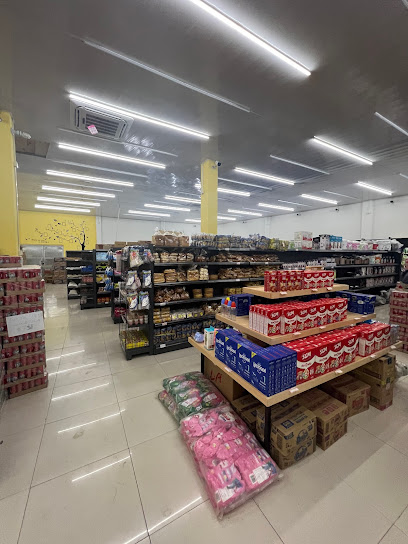
Camenasa Fatuisin
Explore the heart of Suai at Camenasa Fatuisin, a general store brimming with local treasures and authentic Timorese culture.

fauji dheira
Discover the essence of Suai at Fauji Dheira, a charming kiosk offering delightful local flavors in a vibrant atmosphere.
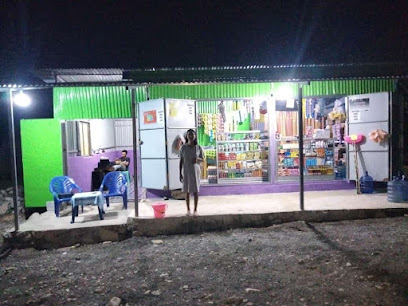
Kios ELDOMA
Experience local culture and vibrant shopping at Kios ELDOMA in Suai, the heart of Timor-Leste's shopping scene.

Sidoni Mebel
Explore Sidoni Mebel in Suai for unique, handcrafted furniture and decor that reflects the rich cultural heritage of Timor-Leste.
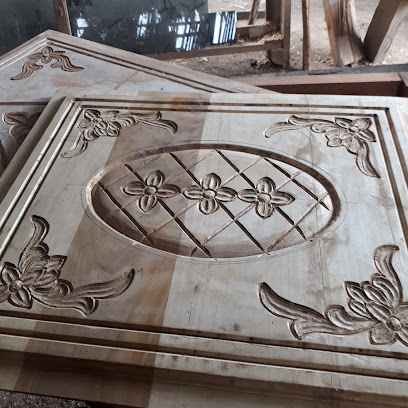
Kios ATIVA
Explore Kios ATIVA in Suai for a unique shopping experience filled with local culture, souvenirs, and authentic flavors.

Essential bars & hidden hideouts
Castaway Bar and Restaurant
Experience culinary delights and vibrant nightlife at Castaway Bar and Restaurant in Dili, where delicious flavors meet a lively atmosphere.
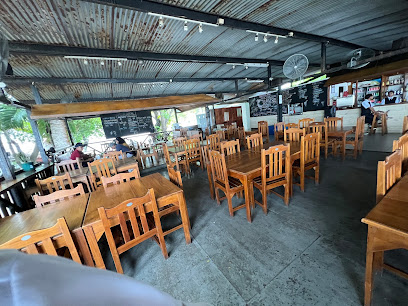
Spooners Bar and Grill
Experience the vibrant atmosphere and delicious flavors at Spooners Bar and Grill in Díli, the perfect place to unwind after a day of adventure.
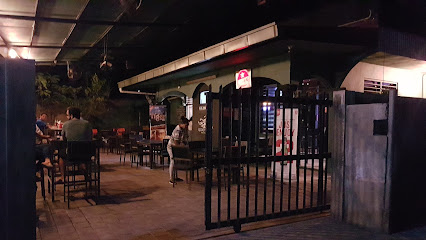
LS Hotel
Discover the comfort and convenience of LS Hotel in Suai, your perfect base for exploring Timor-Leste's beautiful landscapes.
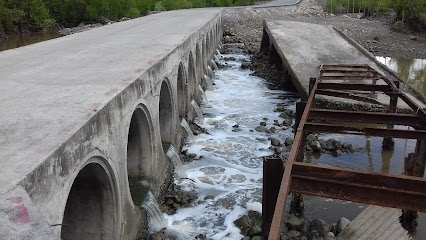
BARAKA AMIZADE
Discover the authentic flavors of East Timor at Baraka Amizade, a cozy restaurant in Suai that delights with traditional cuisine and warm hospitality.
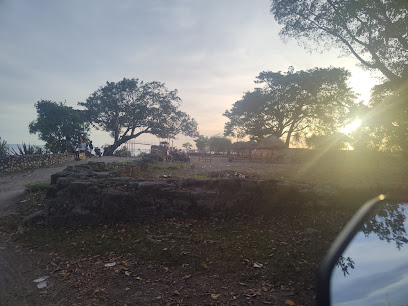
Kamanassa Restaurant 餐厅
Discover the rich flavors of Timor-Leste at Kamanassa Restaurant, where authentic cuisine meets warm hospitality in Ai.
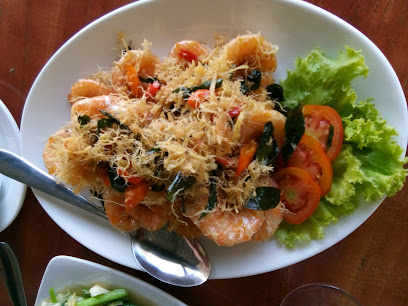
Restaurante Nape
Discover authentic Timorese cuisine at Restaurante Nape in Suai, where local flavors meet a warm and inviting atmosphere for an unforgettable dining experience.
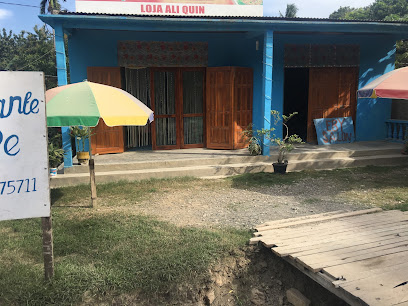
Restorante Trecia
Experience authentic Indonesian cuisine at Restorante Trecia in Suai, where vibrant flavors and warm hospitality await every visitor.
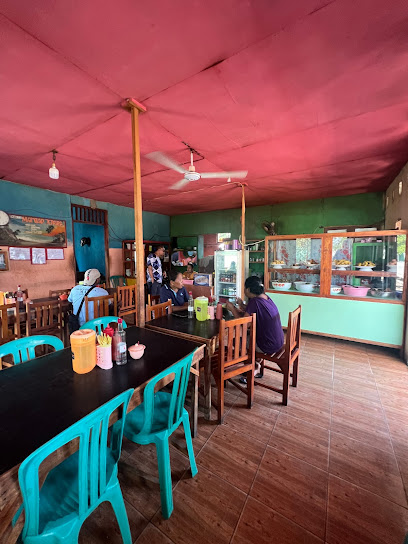
Rest. Kartini
Discover the taste of East Timor at Rest. Kartini, a cozy restaurant in Suai known for its authentic local cuisine and warm hospitality.
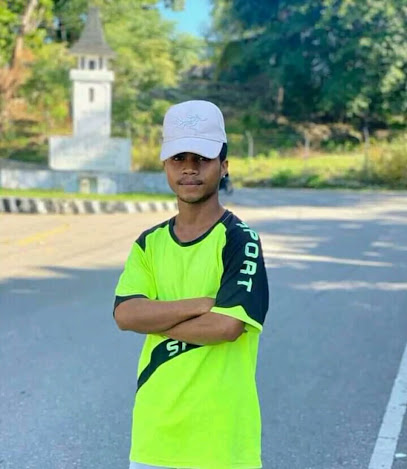
Vong Restorante
Discover the flavors of Timor-Leste at Vong Restorante, a family-friendly gem in Suai offering delightful local and international dishes.
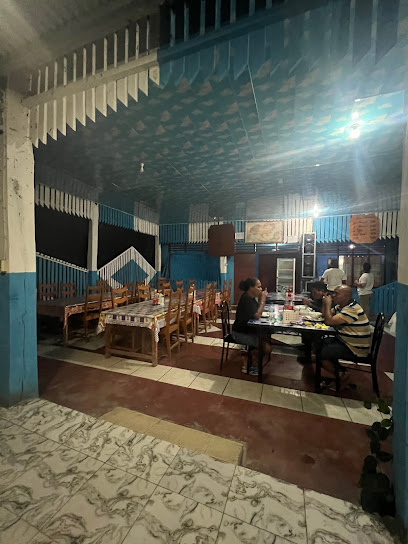
Amizade resto
Discover the authentic flavors of Timor-Leste at Amizade Resto, a welcoming restaurant in Suai known for its delicious local dishes and friendly atmosphere.
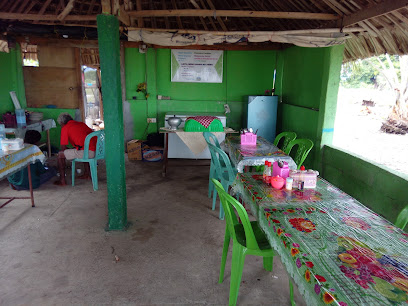
Restaurante Metila
Discover the authentic taste of Timor-Leste at Restaurante Metila, where local ingredients meet warm hospitality in Suai.
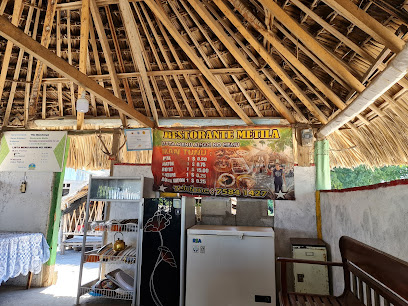
Restaurante Mantap Jepara
Experience authentic Asian cuisine at Restaurante Mantap Jepara in Suai, a culinary destination for every food enthusiast visiting Timor-Leste.
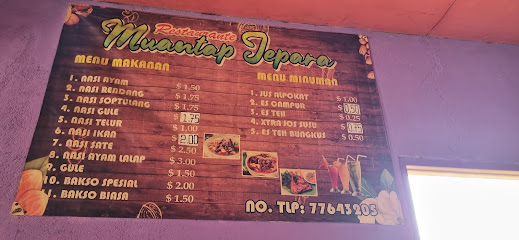
Suai Loro Beach
Experience the serene beauty and exquisite flavors of Suai Loro Beach, a hidden culinary gem in Timor-Leste.
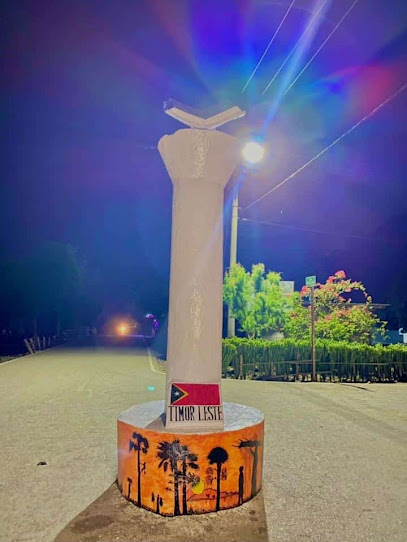
Restaurant Mas Bambang
Experience authentic Timorese cuisine at Restaurant Mas Bambang in Suai, where local flavors meet warm hospitality.
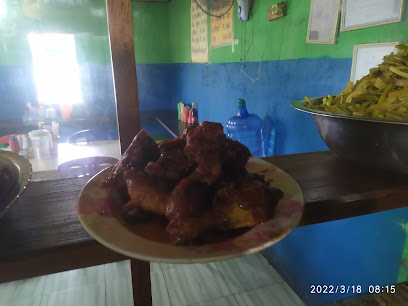
Restaurante Carinhosa
Discover the authentic flavors of East Timor at Restaurante Carinhosa in Suai, offering a delightful culinary experience in a warm and inviting setting.
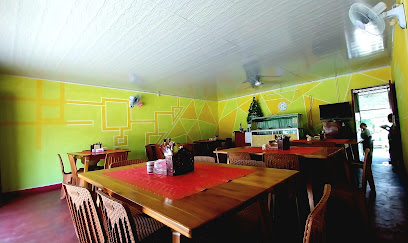
Local Phrases
-
- HelloBondia
[bon-dee-ah] - GoodbyeAdeus
[ah-deh-oos] - YesSim
[seem] - NoLae
[lie] - Please/You're welcomeFavor
[fah-vor] - Thank youObrigadu
[oh-bree-gah-doo] - Excuse me/SorryDeskulpa
[des-kool-pah] - How are you?Ita diak?
[ee-tah dee-ahk] - Fine. And you?Diak. Ita?
[dee-ahk. ee-tah] - Do you speak English?Ita hatene Ingles?
[ee-tah hah-teh-neh een-glees] - I don't understandLa kompriende
[lie kom-pree-en-deh]
- HelloBondia
-
- I'd like to see the menu, pleaseHau hakarak hare menu, favor
[hah-oo hah-kah-rah hah-reh meh-noo, fah-vor] - I don't eat meatHau la hola karne
[hah-oo lah hoh-lah kahr-neh] - Cheers!Saude!
[sah-oo-deh] - I would like to pay, pleaseHau hakarak selu, favor
[hah-oo hah-kah-rah seh-loo, fah-vor]
- I'd like to see the menu, pleaseHau hakarak hare menu, favor
-
- Help!Ajuda!
[ah-joo-dah] - Go away!Ba oin!
[bah oh-een] - Call the Police!Fila Polisia!
[fee-lah poh-lee-see-ah] - Call a doctor!Fila dotor!
[fee-lah doh-tohr] - I'm lostHau hetan
[hah-oo heh-tahn] - I'm illHau lae diak
[hah-oo lie dee-ahk]
- Help!Ajuda!
-
- I'd like to buy...Hau hakarak hola...
[hah-oo hah-kah-rah hoh-lah...] - I'm just lookingHau deit rezerva
[hah-oo dayt reh-zehr-vah] - How much is it?Hau nia osan hira?
[hah-oo nee-ah oh-sahn hee-rah] - That's too expensiveNe'e barak maka osan
[neh-eh bah-rahk mah-kah oh-sahn] - Can you lower the price?Ita bele hakotu osan?
[ee-tah beh-leh hah-koh-too oh-sahn]
- I'd like to buy...Hau hakarak hola...
-
- What time is it?Oras ki'ak maka?
[oh-rahs kee-ahk mah-kah] - It's one o'clockOra ida
[oh-rah ee-dah] - Half past (10)Tolu nulu
[toh-loo noo-loo] - MorningManha
[mah-nyah] - AfternoonTarde
[tahr-deh] - EveningKalan
[kah-lahn] - YesterdayOhin loron
[oh-heen loh-rohn] - TodayOhin
[oh-heen] - TomorrowOhin loron
[oh-heen loh-rohn] - 1Ida
[ee-dah] - 2Rua
[roo-ah] - 3Tolu
[toh-loo] - 4Haat
[hah-aht] - 5Lima
[lee-mah] - 6Neen
[neh-ehn] - 7Hitu
[hee-too] - 8Ualu
[wah-loo] - 9Sia
[see-ah] - 10Sanulu
[sah-noo-loo]
- What time is it?Oras ki'ak maka?
-
- Where's a/the...?Iha nebe...?
[ee-hah neh-beh] - What's the address?Enderecu saida?
[ehn-deh-reh-soo sah-ee-dah] - Can you show me (on the map)?Ita bele hatudu hau (iha mapa)?
[ee-tah beh-leh hah-too-doo hah-oo (ee-hah mah-pah)] - When's the next (bus)?Bainhira ona tuir?
[bah-een-hee-rah oh-nah too-eer] - A ticket (to ....)Bilhete (to ....)
[beel-eh-teh (to ....)]
- Where's a/the...?Iha nebe...?
History of Suai
-
Before the arrival of the Portuguese in the early 16th century, Suai was part of a network of small, autonomous chiefdoms. These communities were primarily agrarian, relying on subsistence farming, fishing, and trading with neighboring tribes. Oral traditions and archaeological findings suggest that these early inhabitants had rich cultural practices involving rituals, dances, and folklore.
-
In the 16th century, Portuguese explorers arrived in Timor-Leste, including Suai. The region became part of Portuguese Timor, and Suai was influenced by colonial policies and missionary activities. The introduction of Christianity, particularly Catholicism, had a profound impact on the local culture and societal structure. However, Portuguese control was often limited outside of major settlements, and indigenous practices persisted.
-
During World War II, Timor-Leste, including Suai, was occupied by Japanese forces from 1942 to 1945. The occupation brought hardship to the local population, including forced labor and resource extraction. Resistance movements, such as the Timorese and Australian guerilla fighters, played crucial roles in combating the Japanese presence, contributing to the broader Allied war effort in the Pacific.
-
Following Portugal’s decolonization efforts in 1975, Suai, like the rest of Timor-Leste, declared independence. However, within days, Indonesia launched an invasion, leading to a brutal occupation that lasted until 1999. Suai experienced significant violence and human rights abuses during this period. The massacre at Suai Church in September 1999, where Indonesian militia killed many civilians seeking refuge, is a tragic and pivotal moment in Suai’s recent history.
-
In 1999, a UN-sponsored referendum saw the people of Timor-Leste, including Suai’s residents, vote overwhelmingly for independence from Indonesia. This led to widespread violence and destruction by pro-Indonesian militias. Suai was significantly impacted, with infrastructure damaged and many lives lost. The eventual arrival of international peacekeepers helped stabilize the region, leading to the official restoration of independence on May 20, 2002.
-
Post-independence, Suai has focused on rebuilding and preserving its cultural heritage. Traditional dances, music, and crafts have seen a revival, reflecting the resilience and pride of the Timorese people. The town has also developed as a site of historical reflection, with memorials and museums dedicated to its tumultuous past. Today, Suai is a blend of its rich historical legacy and efforts towards modernization and economic development.
Suai Essentials
-
Suai, located in the southwest of Timor-Leste, can be accessed via Presidente Nicolau Lobato International Airport in Dili, the capital city. From Dili, you can take a bus or hire a taxi for the approximately 8-hour journey to Suai. Alternatively, a 4x4 vehicle is recommended for a more comfortable trip, especially during the rainy season when roads can be challenging. As of recent years, there are also domestic flights available from Dili to Suai, reducing travel time significantly.
-
Within Suai, local transportation options include taxis and motorbike rentals. For short distances, walking is a viable option as many attractions are centrally located. Public buses and minibuses (called mikrolets) connect Suai to surrounding villages and towns. If you plan to explore the rural areas or visit remote beaches, renting a 4x4 vehicle is advisable due to the condition of some roads.
-
The official currency in Timor-Leste is the US Dollar (USD). Credit cards are accepted in some hotels and larger restaurants, but it is advisable to carry cash, especially for smaller establishments and local markets. ATMs are available in Suai, but they can sometimes be out of service, so it's wise to carry enough cash for your needs.
-
Suai is generally safe for tourists, but like any destination, it's important to take standard precautions. Avoid walking alone at night in unfamiliar areas and keep an eye on your belongings in crowded places. While Suai does not have specific high-crime areas targeting tourists, it is always best to stay vigilant and aware of your surroundings.
-
In case of emergency, dial 112 for immediate assistance. There is a local police station in Suai, and medical facilities are available, though they may have limited resources. It is recommended to have travel insurance that covers medical emergencies. For minor health issues, pharmacies are available where you can purchase over-the-counter medications.
-
Fashion: Do dress modestly, especially when visiting religious sites. Avoid wearing revealing clothing. Religion: Do respect local customs and traditions. Always cover your head when entering churches and sacred sites. Public Transport: Do be respectful and give up your seat to elderly passengers. Don't eat or drink on public transport. Greetings: Do greet people with a smile and a handshake. A slight bow of the head is also a sign of respect. Eating & Drinking: Do try local delicacies and accept food offerings graciously. Don't refuse hospitality, as it is considered impolite.
-
To experience Suai like a local, visit the bustling markets where you can buy fresh produce and local handicrafts. Engage with the locals, who are often friendly and willing to share stories about their culture and history. Don’t miss the opportunity to attend a traditional dance performance or a local festival, which offer deep insights into the Timorese way of life. For a unique experience, visit the nearby Covalima district, known for its beautiful beaches and historical sites.
Trending Landmark in Suai
-
Cristo Rei of Dili
-
Tatamailau
-
Balibo Fort Hotel
-
Tais Market
-
Largo de Lecidere
-
Immaculate Conception Cathedral
-
Church of Saint Anthony of Motael
-
Marobo Hot Spring
-
Xanana Gusmão Reading Room
-
Nino Konis Santana National Park
-
Xanana Gusmao International Airport
-
Balibo Veterans' Museum
-
Tasitolu
-
Baucau beach
Nearby Cities to Suai
-
Things To Do in Bobonaro
-
Things To Do in Same
-
Things To Do in Ermera
-
Things To Do in Gleno
-
Things To Do in Aileu
-
Things To Do in Dili
-
Things To Do in Baucau
-
Things To Do in Lospalos
-
Things To Do in Darwin
-
Things To Do in Makassar
-
Things To Do in Bali
-
Things To Do in Manado
-
Things To Do in Balikpapan
-
Things To Do in Surabaya
-
Things To Do in Yogyakarta




